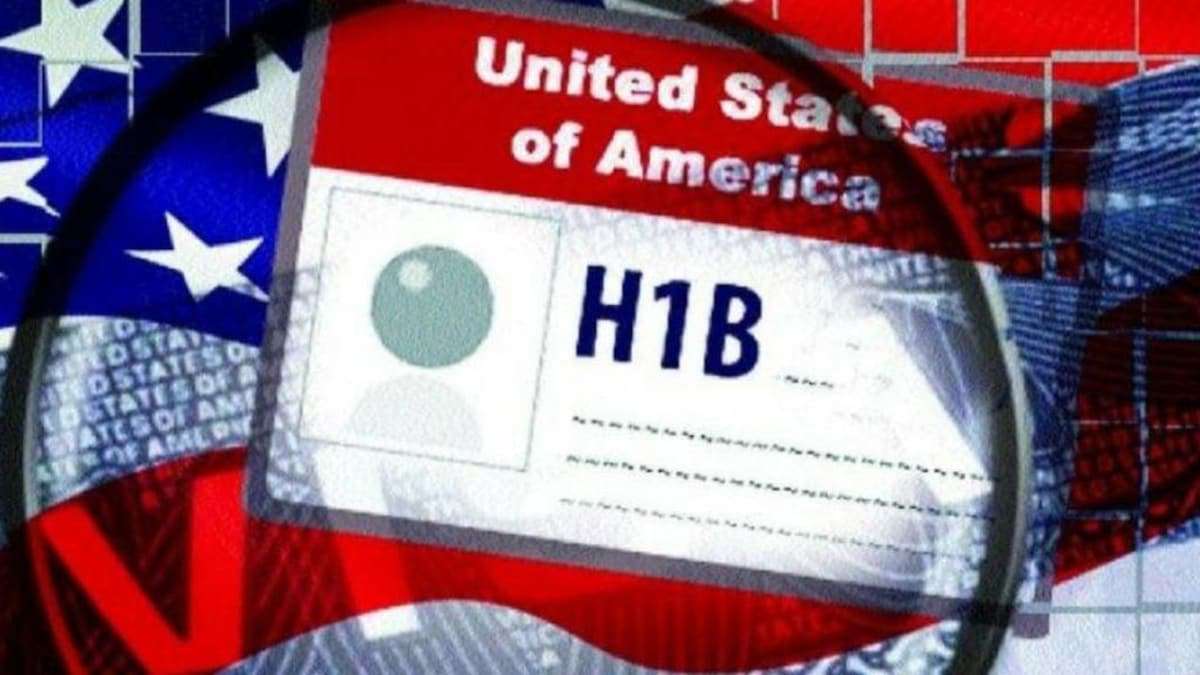Foreign nationals, including legal residents and visa holders, must carry proof of registration or face fines, jail, and deportation under a revived World War II-era rule
In a move that has sparked widespread anxiety across immigrant communities, the Trump administration has rolled out a new directive requiring all foreign nationals residing in the United States for more than 30 days to register with federal authorities or face severe legal consequences.
The order applies to both visa holders and legal permanent residents, mandating them to carry proof of registration at all times, reported gujaratsamachar.com.
White House Press Secretary Karoline Leavitt announced that non-compliance could lead to fines, imprisonment, deportation, and a lifetime ban on re-entry.
The regulation, which traces its roots back to the World War II-era Alien Registration Act, was revived after US District Judge Trevor N. McFadden dismissed a legal challenge against the policy, clearing its path for enforcement.
Foreign nationals in the U.S. must register under the Alien Registration Act or risk fines, imprisonment, deportation, and a permanent re-entry ban, according to the Trump administration
The Department of Homeland Security (DHS) clarified that individuals entering the U.S. after April 11 are required to register within 30 days. Additionally, children turning 14 are obligated to re-register and submit fingerprints, regardless of any previous registration status.
The administration framed the decision as a national security measure. Leavitt emphasized, “We must know who is in our country for the safety and the security of our homeland and for all American citizens.”
Penalties for non-compliance include a fine of up to $5,000, a possible 30-day jail sentence, and the initiation of deportation proceedings. The regulation has triggered alarm, particularly among undocumented immigrants, visa holders, and mixed-status families, with advocacy groups warning of potential sweeping enforcement actions and further strain on immigrant communities.
With the registration deadline looming, failure to comply is expected to result in immediate legal repercussions, making this one of the most stringent immigration enforcement measures in recent U.S. history.









